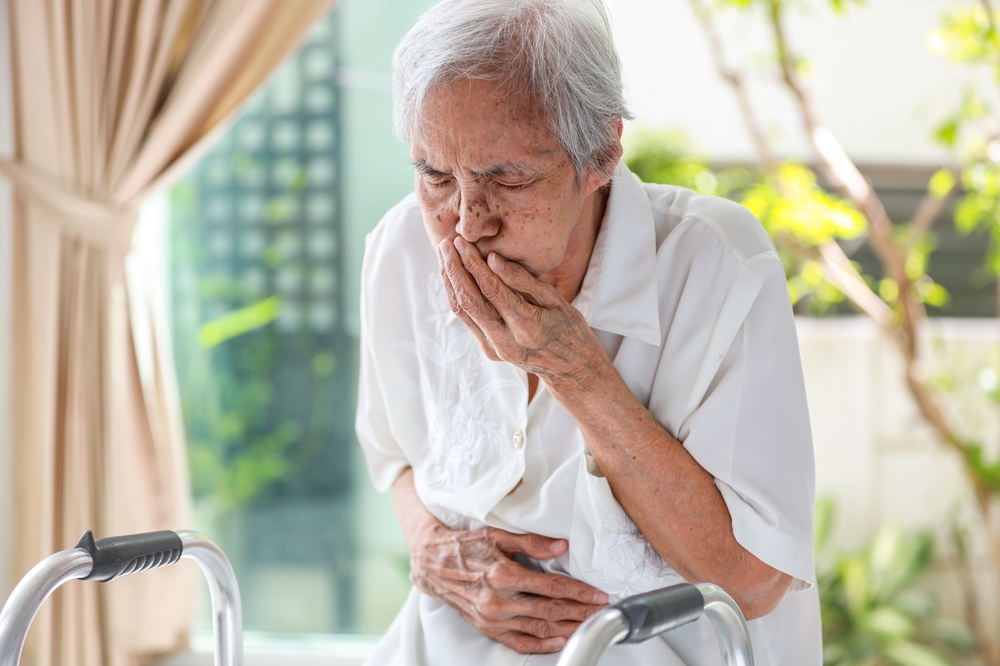World Sleep Day: How Seniors Are Staying Asleep All Night
Category:

When is National Sleep Day?
Every year, a committee at the World Sleep Society aims to raise awareness about sleep disorders through World Sleep Day. It is always held the Friday before the Spring Equinox. The 2019 event is being held March 15th.
Seniors often have trouble sleeping due to many factors. Caregivers can celebrate this national sleep day by brushing up on information related to senior sleep problems, sleep requirements for seniors, and how to promote healthy sleep habits.
How Much Sleep Do Seniors Need?
Most adults, especially those over the age of 65, need between seven and nine hours of sleep per night. Seniors often get less sleep than they need for various reasons. This can include disorders such as sleep apnea, restless legs syndrome, periodic limb movement disorder, and many others. Lack of sleep can increase risks of falls or accidents, something seniors are already prone to. Furthermore, not getting enough sleep can result in increased appetite and weight gain, and can enhance symptoms of depression and anxiety.
Senior Sleeping Disorders
Seek help from a medical professional if you suspect you have a sleep disorder. Here are some common causes of inconsistent sleep patterns in seniors.
Insomnia
- Affects almost half of adults over age 60.
- Symptoms include taking between 30 and 45 minutes to fall asleep, waking up throughout the night, and waking up feeling tired.
Sleep apnea and snoring
- Affects nearly 40% of all adults.
- Depending on the kind of sleep apnea, it can result in disrupted sleep and a stronger chance of high blood pressure, heart disease, stroke, and cognitive problems.
Restless legs syndrome (RLS)
- Affects more than 20% of people over age 80.
- Symptoms include painful tingling in the legs, resulting in difficulty sleeping.
Periodic limb movement disorder (PLMD)
- Roughly 40% of older adults have at least a mild form.
- Causes you to kick your leg every minute or so, disrupting sleep.
How Seniors Are Staying Asleep All Night
Outside of medical attention, there are certain ways seniors can engage in helpful sleep patterns. Here are a few ways to improve sleep. However, you should always speak to your doctor to determine other options.
- Get your exercise done earlier in the day to ensure you are not too rambunctious around bedtime.
- Have a set time for meals, exercise, and bedtime each day.
- Keep your bedroom cool and shut down your TV and electronic devices
- Visit your doctor to ensure all medical conditions are diagnosed and treated.
- If you are unable to fall asleep, then get out of bed and do something relaxing. This may tire you out and make you more prepared for sleeping later on.
For more information, view our senior sleep resources. Overnight and 24-hour live-in home care is also available, where seniors can receive help in monitoring their sleep patterns with a professional caregiver.
Subscribe
Date: 2019-03-14
Category:


